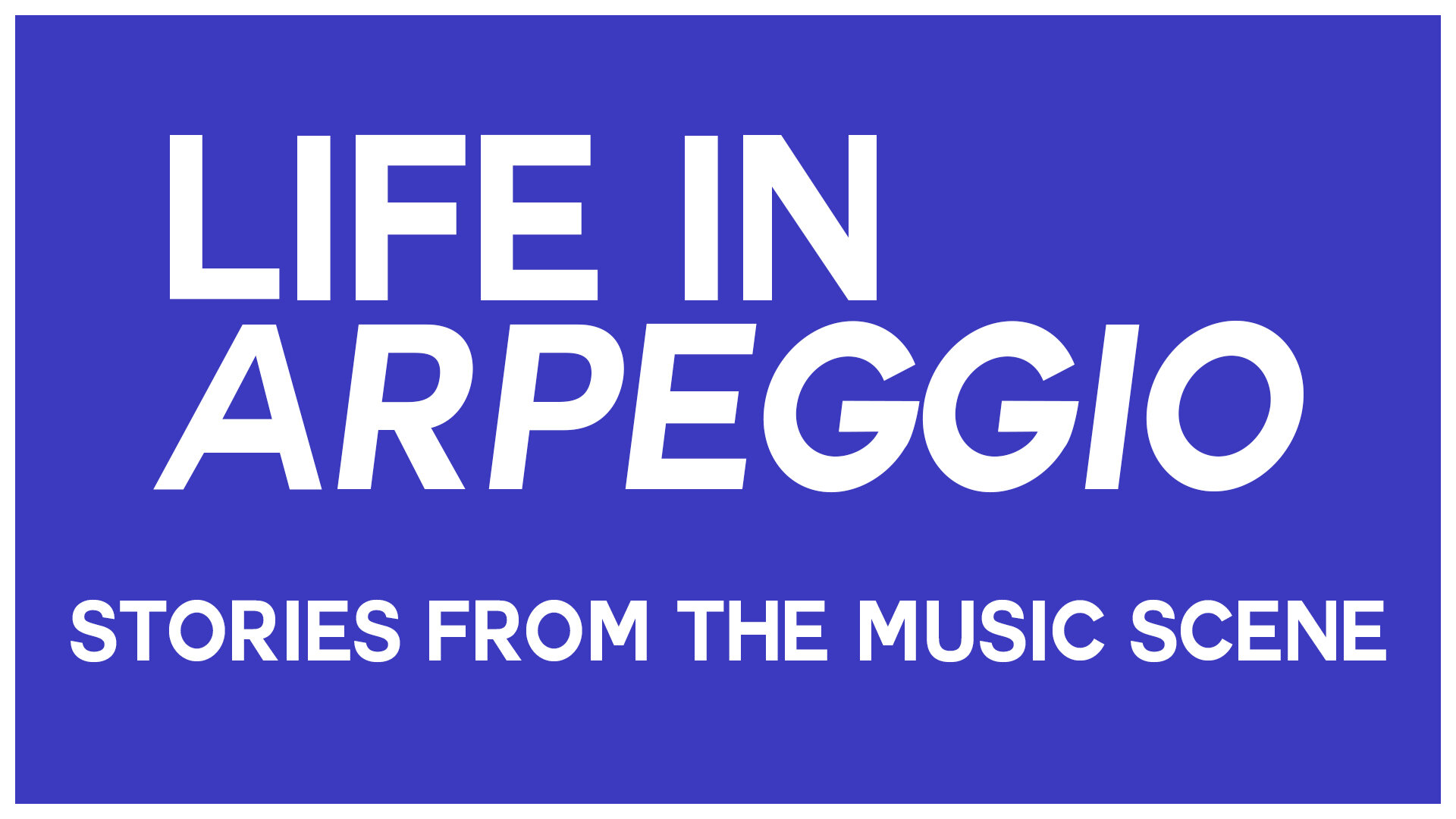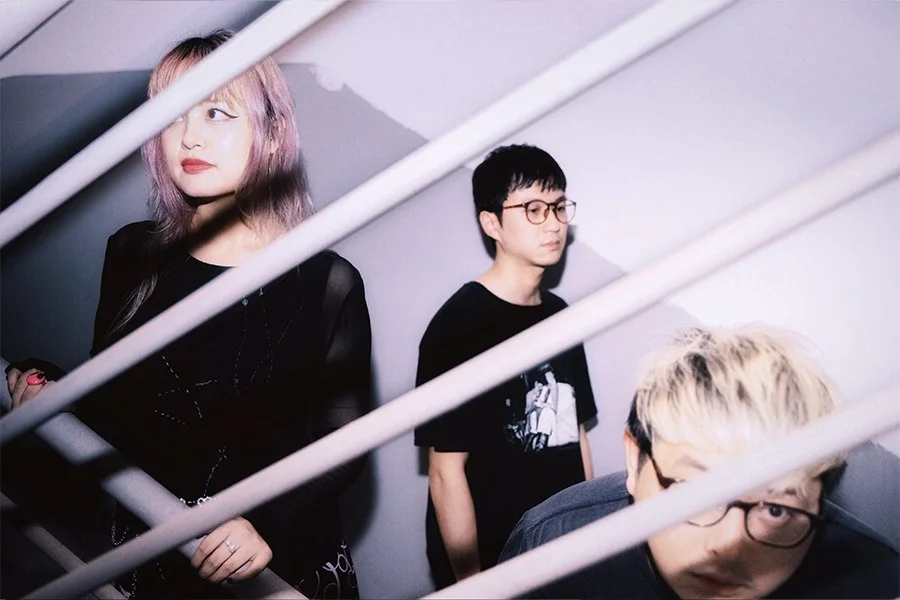Should Nightlife Be Considered A Way Of Life, Or Embraced As Life Itself?
Nightlife shouldn’t be stereotyped as one sort of activity (Credit: The Council, taken before the pandemic)
“So, how’s your daylife going?” Sounds odd, doesn’t it? But it does make you ponder, though; why do our nocturnal activities get plonked with a label while everything else is just… not nightlife?
As a self-professed champion of nightlife, I find myself tumbling into a spiral of reservation with this train of thought. Yet, I can’t think of a time more pertinent to address this than now. You already know that local nightlife establishments haven't been having their time in the sun lately. The pandemic hasn’t been kind to businesses in this sector compared to other industries, and the government’s stance on supporting them has been resoundingly ineffective. A dubious pilot scheme that faltered, an arbitrary ban on the format of DJ performances, and the cutting of recorded music were just some of the negative measures that prolonged the agony, but there was yet another death knell soon to surface.
The notorious KTV cluster was unequivocally a development of grave concern. As the case numbers rose, so did the pressure on all nightlife businesses. This eventually resulted in the forced suspension of all businesses – even the innocent ones that pivoted successfully – at short notice, making an example out of a whole industry no thanks to a couple of bad apples. Aside from the obvious economical impact on these entities, what’s more relevant to this piece is the social impact of this quandary.
This is what most locals would think of when they consider ‘nightlife’, and it’s no thanks to developments like the recent KTV cluster (Credit: Flickr/Nicolas Lannuzel)
What this development has done is cast a larger, ominous shadow on the term, ‘nightlife’. By scapegoating a whole industry, it is perpetuating an unhealthy stigma that is detrimental. Now, when people think of nightlife, they’re going to associate it with this negative turn of events even years after it subsides. When things get back on track, whenever that may be, the perception of nightlife is going to have an uphill battle. And it’s not as if this perception was in a peachy position to begin with, either. Nightlife has always been viewed with raised eyebrows by the general populace.
But why is this so? A conservative standpoint would be that nightlife relates to a very specific type of activity, one that many think is riddled with vices and a non-innocuous way of life. In a local context, nightlife brings up conversations of drunken nights at a club, tipsy sessions at bars or pubs, and unavoidably, seedier businesses. Suspicious massage parlours, garish karaoke lounges (KTV bars), questionable hostess/host establishments, and other ‘colourful’ venues you’ll find in red light districts often fall into the oft-judged purview of nightlife. It’s just the way it is, and I won’t deny that some presumptions are correct. Certain parts of nightlife can be a hotbed of debauchery and seduction.
There is a magic that only comes out at night. Your nightlife is whatever you want it to be in this city (Credit: Sebastian Nagy)
Now here’s where I throw a new angle into the mix. What if we broadened our traditional definition of nightlife, and associate the vulnerable term with one’s nocturnal activities as a whole? What if we could ignore the niche tones of nightlife and apply it to the other 12 hours of our daily rhythm? What if nightlife isn’t necessarily a way of life but part of life itself? In this regard, we are all participants of nightlife in one way or another.
Travelling across the island for your supper craving, cycling across the CBD as it slumbers, watching a film at an open-air cinema by the beach, or fishing at a secluded nature spot before the sun rises; we are all privy to some form of nighttime activity. There is a certain magic in the evening air that we acknowledge and gravitate towards. The urge to unwind after the nine-to-five is in our nature, and this brings out the creature of the night in all of us, regardless if you’re a vigorous teenager or a restless senior. Should we be ashamed of embracing our nightlife? Certainly not.
It’s cities like Singapore where you can stumble upon a night concert in the middle of a museum (Credit: Getai Group, taken before the pandemic)
One could argue here that I’m simply messing with semantics; as a writer, surely I must know better than to disrupt the cultural lexicon? Let’s look at the traditional definition of nightlife. Through the decades, nightlife has been regarded as a collective term for after-hours entertainment, from contemporary formats like clubbing and gigs to vintage artforms like burlesque and cabaret. The common denominator that unites these businesses is the essence of adult-oriented entertainment, and it is in this persistent and enduring definition that clashes with my peculiar suggestions.
For many businesses, as I’m sure the Singapore Nightlife Business Association would agree, the inclination to stick with this traditional classification has its appeal. Many companies take pride in being able to offer these specialised services, catering to the present, loyal communities that feed on them. The label of a nightlife establishment – at least, prior to the pandemic – had an edge to it, and it gave many companies a standout characteristic where they could offer a curated escape whether it’s through music, comedy, or well, you know the rest.
Originally meant to open as a club, Rails had to make lots of compromises to launch as a F&B concept instead (Credit: A Phat Cat Collective)
But therein lies the current problem. In covering all of such businesses under an overarching umbrella, it plagues those that dwell in its more legitimate areas. As the recent KTV cluster has revealed, all establishments in this industry were slapped with a suspension, including clubs and karaoke centres that had followed the rules and pivoted into F&B. But even before the emergence of this cluster, all of these venues – even the shadier ones – were clumped into the same category and forced to shut as early as March 2020. Without considering any room for differentiation, this blanket ban on nightlife was ruthless and obtuse.
As far as I’m concerned, discernment and proper classification is vital. A nightclub is not the same as a hostess bar, and a family karaoke business is not the same as a KTV lounge. I see clubs as temples of music. I see a beach lounge as a habitat of vibes. I see bars as waterholes. I see family karaoke establishments as safe spaces to belt out guilty pleasures. There is so much in between that requires recognition, and suffers from being swept under the same rug of ignorance.
Nightlife is dangerous? I just see this as good vibes (Credit: Tanjong Beach Club, taken before the pandemic)
Earlier, I proposed that the scope of nightlife could do with some stretching. But I do anticipate resistance from those who don’t wish to be associated with the term. As the presumption goes, nightlife can only mean a cesspool of vices, and a realm where the risk of infection is higher from a lack of social distancing, right? To both these points, I refute.
Vices can appear in any industry if you look hard enough, and to ostracise a legitimate majority based on the errors of a few is unreasonable. And as for distancing measures, many targeted establishments have proven for months that they can abide by the rules, having jumped through countless hoops to demonstrate their cooperation. With these measures in place, the risks here are no more dangerous than any other industry.
Institutions previously known for parties, like Zouk, have been strict in keeping to the distancing rules (Credit: Zouk Singapore)
I’m not asking for a complete overhaul of the system, as flawed as it may be. What I’m proposing is the acknowledgment that nightlife is not a deviant way of life, but a norm in our everyday. Your nightlife might look like a bout of indoor football, or camping under the stars, or a Chinese opera performance or a techno rave. If we can normalise our nightlife, then it doesn’t need to be a term that’s feared or demonised. If we can accept that nightlife can take on many forms, then society can be discerning enough to differentiate lawful activities from the ones that are truly causing the problem.
As local vaccinations are on the rise and the city continues its gradual reawakening, I can only hope that it’s a matter of time when affected businesses hit worst by this pandemic can rejoin the equation. And when that happens, these businesses will need all the help they can get to shatter the stereotypes that weigh them down. Nightlife doesn’t need to be a shunned word.
Nightlife is not the problem. Nightlife is just… life.
Do you agree? Should we broaden our view on nightlife? What does your nightlife look like? Drop an email at kevin@lifeinarpeggio.com or message on social media on Facebook or Instagram, and let’s have a chat. #WhatsYourNightlife?

















